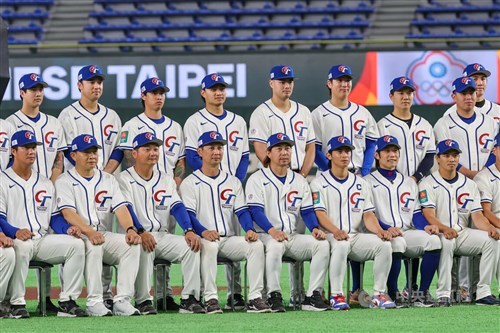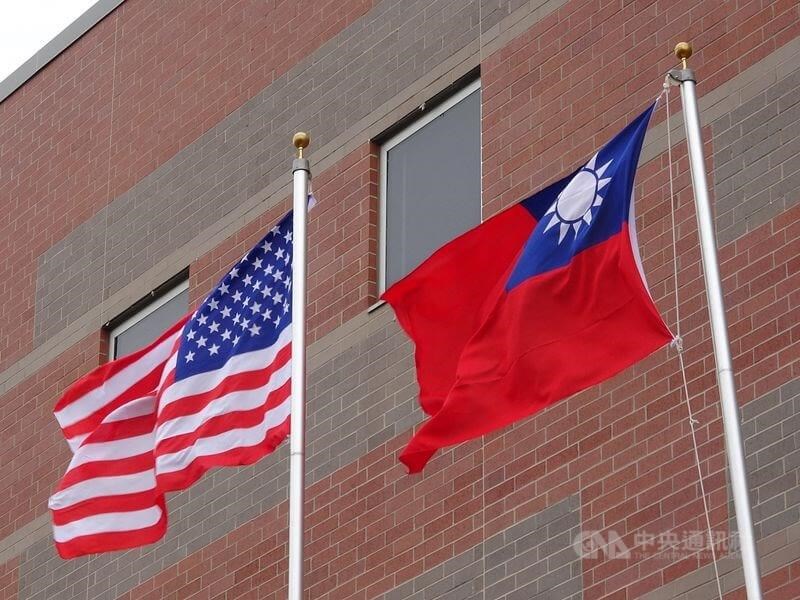ANALYSIS / Lai reaffirms ability to manage U.S. ties, urges national unity: Scholars
05/20/2025 09:30 PM
President Lai Ching-te (賴清德) used a speech marking the first anniversary of his inauguration to reaffirm his ability to manage U.S.-Taiwan relations and ease tensions with the opposition amid domestic and international pressure, scholars told CNA, as he enters the second year of his presidency.
(Full text of the story is now in CNA English news archive. To view the full story, you will need to be a subscribed member of the CNA archive. To subscribe, please read here.)
More in ANALYSIS
-
![2026 WBC: Can a balanced Taiwan team make it out of Tokyo?]() 2026 WBC: Can a balanced Taiwan team make it out of Tokyo?The World Baseball Classic (WBC) has generally followed a similar script for Taiwan: infinite fan enthusiasm met by a disappointing showing.03/04/2026 05:24 PM
2026 WBC: Can a balanced Taiwan team make it out of Tokyo?The World Baseball Classic (WBC) has generally followed a similar script for Taiwan: infinite fan enthusiasm met by a disappointing showing.03/04/2026 05:24 PM -
![Iran could cloud Trump-Xi talks but unlikely to spark Taiwan war: Scholars]() Iran could cloud Trump-Xi talks but unlikely to spark Taiwan war: ScholarsEscalating conflict in the Middle East is unlikely to trigger an immediate cross-strait crisis or directly imperil Taiwan in U.S.-China dealings, but it could pose growing risks by straining U.S. resources and complicating the upcoming Trump-Xi meeting, scholars said.03/02/2026 06:13 PM
Iran could cloud Trump-Xi talks but unlikely to spark Taiwan war: ScholarsEscalating conflict in the Middle East is unlikely to trigger an immediate cross-strait crisis or directly imperil Taiwan in U.S.-China dealings, but it could pose growing risks by straining U.S. resources and complicating the upcoming Trump-Xi meeting, scholars said.03/02/2026 06:13 PM -
![U.S. policy unchanged despite Taiwan omission in defense strategy: Analysts]() U.S. policy unchanged despite Taiwan omission in defense strategy: AnalystsThe absence of Taiwan in the Pentagon's recently released 2026 National Defense Strategy (NDS) has raised concerns about the United States' commitment to the island nation's defense.02/07/2026 04:31 PM
U.S. policy unchanged despite Taiwan omission in defense strategy: AnalystsThe absence of Taiwan in the Pentagon's recently released 2026 National Defense Strategy (NDS) has raised concerns about the United States' commitment to the island nation's defense.02/07/2026 04:31 PM
Latest
-
Business
Taiwan's January export orders hit record US$76.91 billion, up 60 percent
03/04/2026 10:11 PM -
Society
New Taipei censured for not preventing sex offender from running Go class
03/04/2026 10:02 PM -
Politics
KMT nominates female candidates for county magistrate elections
03/04/2026 09:31 PM -
Society
MOL to expand childcare subsidy scheme to encourage employer support
03/04/2026 08:59 PM -
Business
TSMC aims to complete new Tainan fab in 2028 amid AI-driven expansion
03/04/2026 08:35 PM


